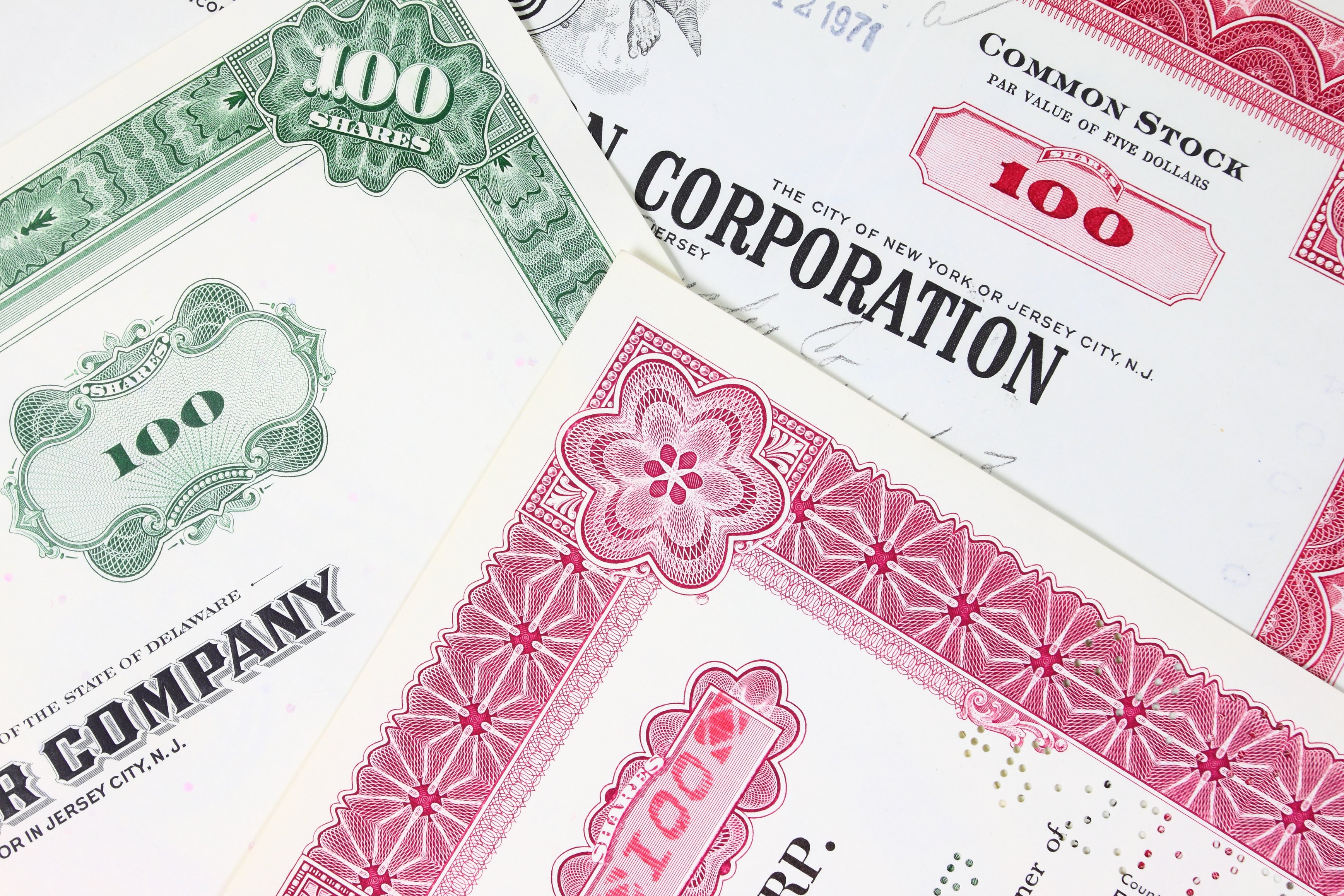Yesterday's announcement was either a good move or a bad move for InterMune (Nasdaq: ITMN), but we won't know which for a little while. Investors are betting on the good -- shares opened up 9.5% today, although they've pulled back a little -- but that seems a little optimistic to me.
The company decided to turn over its remaining interest in its hepatitis C drug danoprevir to Roche for $175 million. The phase 2b drug has had kind of mixed results, although there was hope that it would work well at lower doses in combination with Abbott Labs' (NYSE: ABT) protease booster Norvir.
If danoprevir makes it through phase 3 trials and becomes a blockbuster, losing the rights to the drug will look like a costly move; not much different than how Eli Lilly (NYSE: LLY) feels having given up its rights to Vertex Pharmaceuticals' (Nasdaq: VRTX) hepatitis C drug telaprevir.
But companies have to do what's in their best interest at the time and not worry so much about what the future might hold. Canceling the old agreement with Roche will save InterMune between $50 million and $60 million between now and the end of next year. The contract with Roche allowed InterMune to opt out of its share of the development costs while retaining potential future royalty payments. But going that route wouldn't have resulted in an infusion of cash now, which InterMune may need.
InterMune's lead drug, pirfenidone, was turned down by the Food and Drug Administration in May after the drug, which treats a lung disease called idiopathic pulmonary fibrosis, had mixed clinical trial results. In order to clear things up, the company might need to run another clinical trial. We'll know more when the company announces its stateside plans near the end of the year. Might the cash raised yesterday be to pay for a new trial?
In Europe, InterMune is waiting for a decision from the EU's Committee for Medicinal Products for Human Use (CHMP) in the first quarter of next year. An approval would obviously start the revenue stream in the relatively near future. Does yesterday's sale signal that management doesn't have much confidence in the approval or was it just looking for some added cash to support the launch?
Of course there's always the possibility that pirfenidone had nothing to do with the sale. Maybe InterMune just thought the risk-reward for danoprevir was too good to pass up. Vertex and Merck (NYSE: MRK) are much further ahead of danoprevir in the hepatitis C race. When prices get too high, investors sell stocks even though they may not have an immediate need for the cash. Why can't companies?
If it seems like there's a lot more questions than answers, that's because there are. Until InterMune clears things up and we know if the sale to Roche was a good move, investors should proceed with caution.
We're three months from the end of the year; Dan Caplinger has three things you need to do now.






